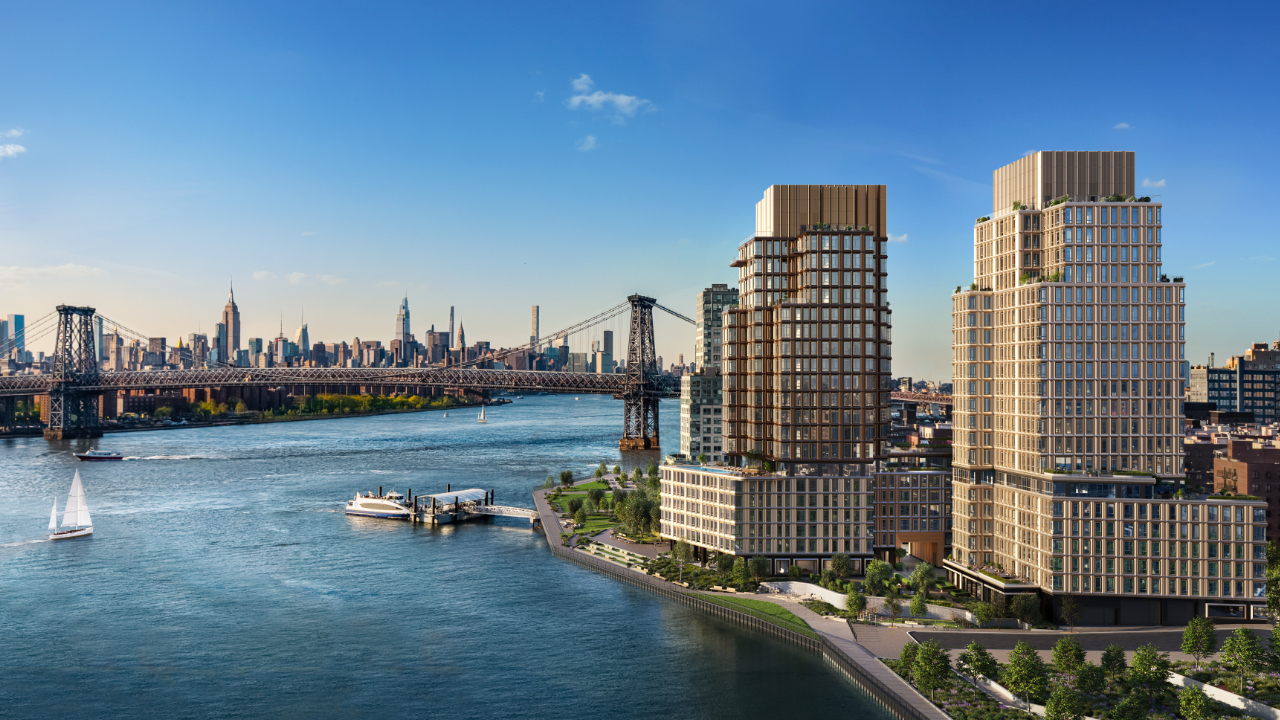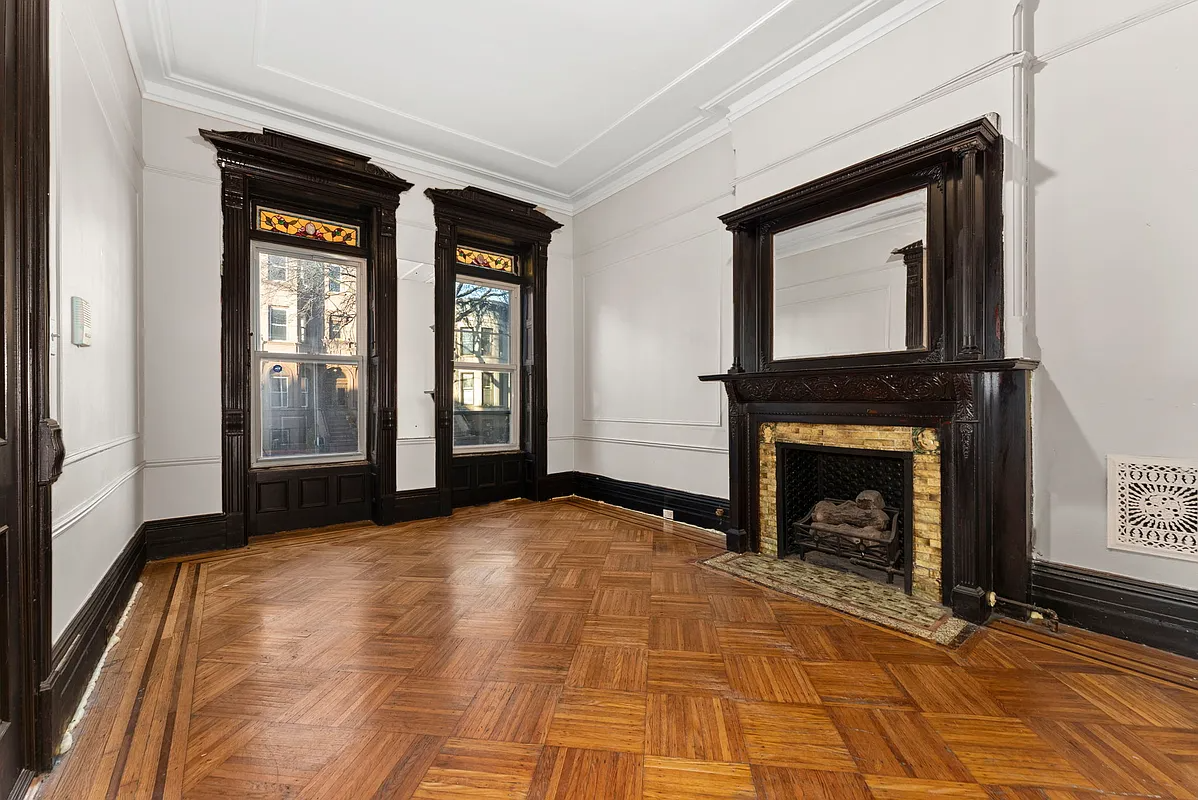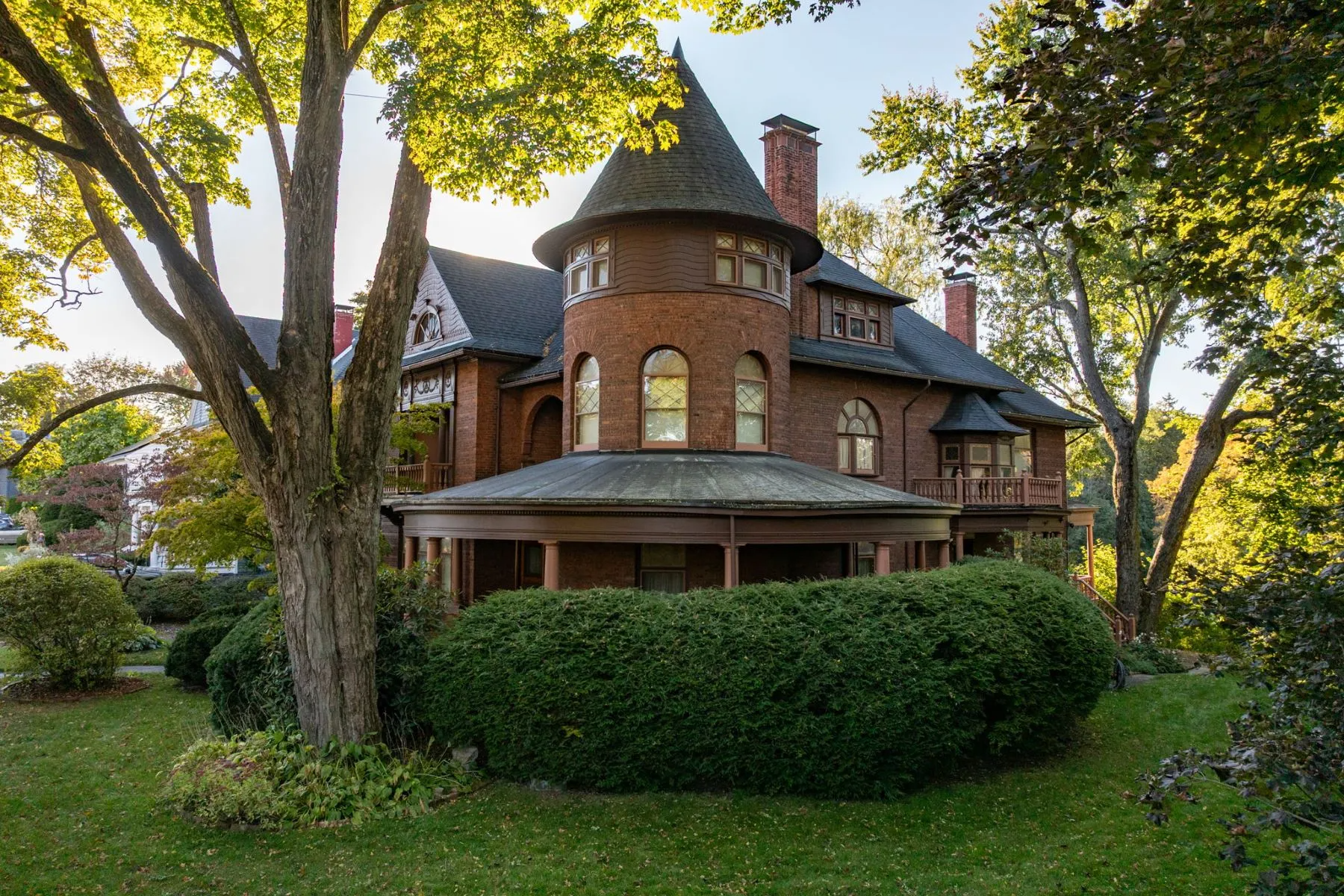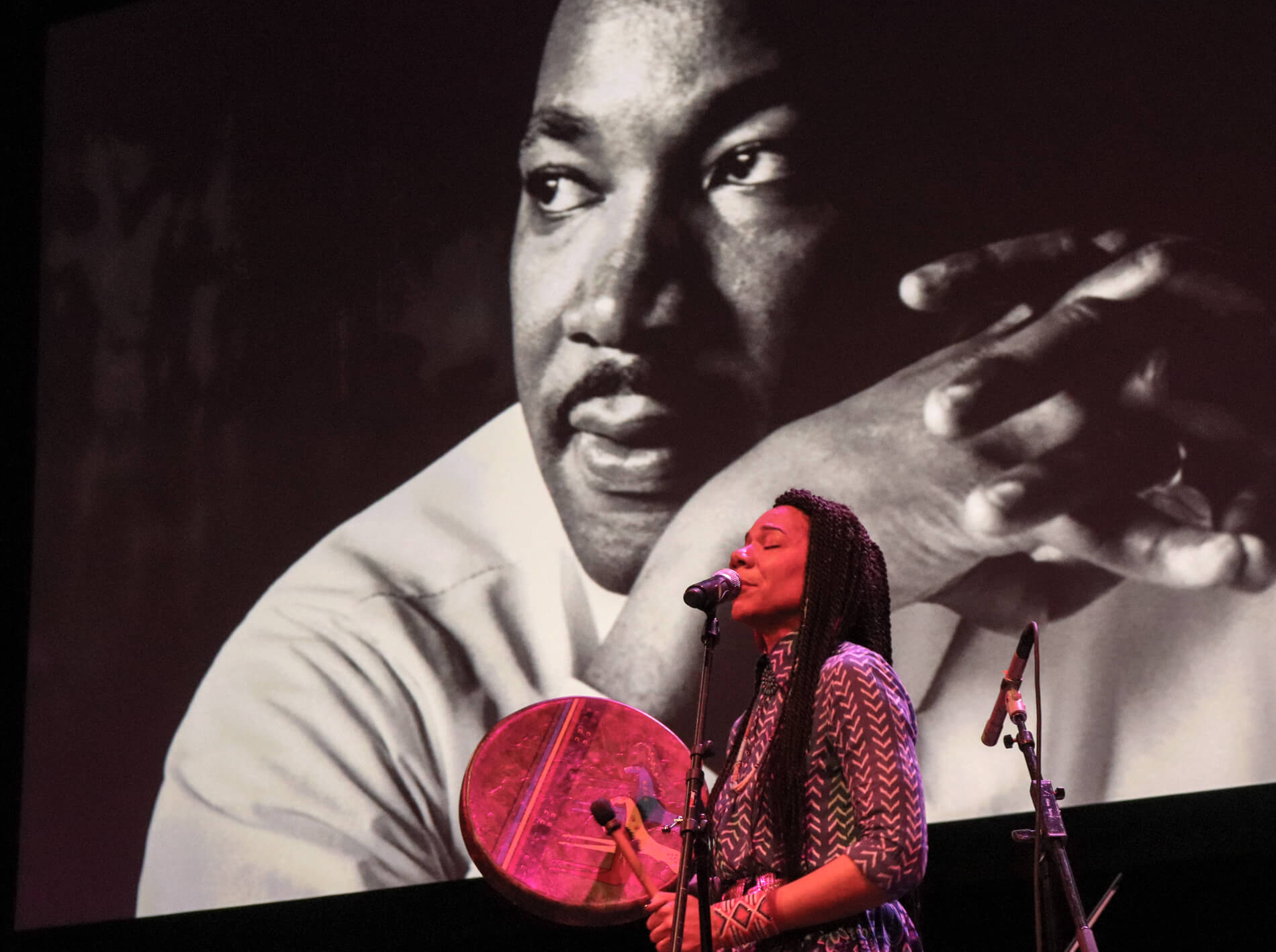The Possibility That Landing Is Hard, Not Soft
This chart puts the real estate run-up of recent years in some historical perspective at a time when market news continues to disappoint. (The black line starts at a baseline value of 100 back in 1890 and is inflation-adjusted over time.) Rising inventory, falling building permits, fewer sales. And while homeowners, especially those of us…


This chart puts the real estate run-up of recent years in some historical perspective at a time when market news continues to disappoint. (The black line starts at a baseline value of 100 back in 1890 and is inflation-adjusted over time.) Rising inventory, falling building permits, fewer sales. And while homeowners, especially those of us who purchase in the last two or three years, are watching closely to see the impact on their own financial status, economists are thinking more and more about how a weakening real estate market could impact the broader economy, as lower levels of equity materially and psychologically impacts consumer behavior. The Times lists the three possible outcomes: Soft landing, prolonged slump and full-on crash. Which do you think is most likely?
Reading Between the For-Sale Signs [NY Times]





ok, this is one thing i don’t get:
“There’s nothing wrong with making money, but I have never seen rents do anything but get pushed up.”
about the second part of that sentence: maybe you haven’t seen it happen (in your lifetime), but neighborhoods change over time, and prices go up AND down, right? just because recent NYC history has been all about gentrification and more jobs and an influx of young professionals from the rest of the country and colonizing the far reaches of the outer boroughs doesn’t mean that this trend will necessarily continue… if we have, say, a serious recession, won’t things get worse before they get better, especially in the neighborhoods that haven’t been entirely gentrified, like Crown Heights North and Bed-Stuy and all the other beautiful old brownstone neighborhoods? isn’t that what we’re worried about when we talk about a real estate crash?
At first glance that article was alarming, but I think the graph is TOTALLY misleading…The fine print reads “standard existing homes, not new construction”. Doesn’t that mean that they guy from Yale only charted the prices of pre-1890 buildings? My question is what percentage of buildings in this country were built pre 1890? I’m guessing like 5 percent maybe 10? So couldn’t that graph simply means that buyers since 1997 have been paying a premium for pre-1890’s buildings in this country? No doi…Lets all drink a sleepytime tea and get back to work.
I am a owner in brownstone bklyn, i think we are in for a kick in the butts, i bought less than 2 years ago and i am seeing homes selling for $150k to $200k less than asking prices in my area (carroll gardens) I am worried , i might not have lost money from my pocket but i am feeling the pain. I bought the property as a investment and i am negative every month so coming up with the payment along with the price drop is giving me a headache.
Anon at 11:52: 99.9% of the country? C’mon. Maybe in NYC the percentage of people who view their property simply as an investment is higher than the rest of the country but it’s ridiculous to think that nearly everyone except a few naive (your words, not mine) homeowners thinks investment property first, home second. In NYC of course the numbers are such as to make property owners go starry-eyed. But in many aspects NYC does not go the way the rest of the country does. But the real estate frenzy is so driven by greed that everything is inflated beyoned what the market can comfortably sustain over a long period of time. SO it goes down and starts the next part of the cycle.
Rents never seem to go down, and I find that people price their rents based on what they think people (usually desperate ones) will pay. Rents in neighborhoods like Crown Heights, Bed-Stuy, CH, PLG- have begun rising to the point where long time residents can no longer afford them, and because landlords see dollar signs. There’s nothing wrong with making money, but I have never seen rents do anything but get pushed up. And another factor to consider is that as rent controlled and stabilized apartments, and even Mitchell-Lama housing goes market rate, that affects the numbers too. That’s tied to changes in rental markets, not necessarily tied to rising landlord expenses. And as we are seeing, landlords are pushing tenants so hard that only the wealthiests can afford to live here.
First, re:
“Rents are going up. How can the market crash?”
Because rents have been about 40% under the price of mortgage on an equivalent property. This has been one of the primary arguments used to forecast a housing bubble in the first place. So the fact that rents are moving up does not mean that prices can’t also come down much less mean that they should push up even further.
Second, re: does anyone own on this website own real estate? I don’t (although I’ve been looking this spring/summer) but there’s plenty, plenty of people (a majority, I believe) who do. And just because you have a vested interest in something happen, that doesn’t mean the rational analysis changes. If your neighbor tells you your house is on fire, you don’t blink and so, no it is isn’t, because it’s bad for you if it is. Your house is on fire, whether you want it to be or no.
re: population – is currently over 8Million. Whether gets to 9 million we’ll see. Only some projections — a.k.a. guesses. Also we are all ‘guessing’ at value of our homes.
Until someone gives you a firm offer – just estimating.
i’ve been in the market for a brownstone over the past roughly 3 months and am taking my time. one are in which i have been looking pretty diligently is lefferts gardens. something i found quite alarming was that if you look back over the past 25 years or so, the vast percentage in appreciation of value in that area’s properties has taken place over the past 2-3 years. i guess this is somewhat reflective of the real estate market in general, but that aside, it’s still a bit worrisome to me. i’m not one for buying at the top when it’s apparent that a valley is around the corner, even if i’m going to live in a house for 30 years.
“In my mind poulation increase is the wild card in this market. What I have read is that the popluation in NYC is supposed to increase from 7 million to 9 million over the next 20 years. It has been 7 million for several decades.”
just shows how #$@#$3 up our leaders are – this is not a sustainable pattern, unless we want our quality of life to seriously diminish.
Scarano’s an architect and Ratner’s a developer. There’s nothing wrong with either of them. You may not like one of their projects, but that doesn’t make them bad people.”
I would say ratner is a bad person, based on what he has done and is doing. He claims he is ‘an old lefty’ but anyone can say they are nice or liberal or whatever, actions are what matter…. i won’t go into it here, chris smith’s article in new york magazine summed it up – he has completely subverted the democratic process, and has practically turned ESDC into a private subsidiary of forest city. and his atlantic mall and metrotech projects have been disasters.